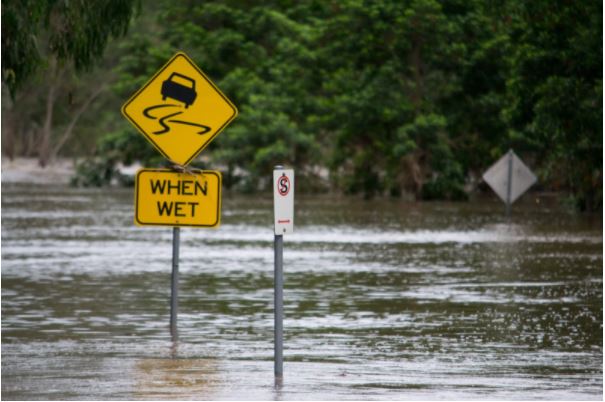Disruptions to your business can have more serious consequences than you might think. Whenever you’re not working when you should be, you could be losing money. And once you’ve lost some of those precious hours, catching up is difficult. Many things can disrupt your business – from power outages to the need to move to a new office. Some will cause problems for a few hours, while others might have an effect for days or even weeks. Minimizing disruptions to your business will help you keep things going, so your company can continue to be productive and profitable.

Get Rid of Distractions
It’s so easy for people to get distracted, and not just by things we shouldn’t really be doing at work. While we know that social media is distracting, it’s easier to justify doing a task that could technically be described as work. Getting rid of distractions in your workplace is a good start, and that includes any processes that stop people from getting to their primary responsibilities. If paperwork is tying people up when they could be doing something more productive, something probably needs to change.
Perform Maintenance Outside Working Hours
There are several different types of maintenance you might find that your business requires. This can include cleaning and building maintenance, as well as updates to IT systems. These things can be distracting to employees and disrupt workflow, so doing them outside of usual work hours is often best. If you use managed IT services, you can perform maintenance and updates at night. You can hire a cleaning service that will clean in the early morning or evening when no one else is around. If building work is necessary, it can take place on the weekends.

Plan for Disaster
No one likes the thought of a disaster – whether natural or something else – as they can cause a lot of disruption to your business. However, being prepared can help to minimize any problems. You should think about what kind of issues your business could potentially face. Are you likely to experience hurricanes, flooding, wildfires or other natural disasters in your area? Are other types of disaster possible, such as a massive technical failure? Planning for these events will help you keep your business going, even when it might be tougher than usual to do so.
Consider Change Carefully
Every business has to go through change, but they can often suffer disruption because of it. Whether you’re bringing in new employees, losing some, or you’re moving to a new office, it could slow things down. You usually know when you’re going to make a change, so preparing in advance will help. Decide on the best way to conduct things for minimum impact on the workflow and productivity of your business. For example, if you’re moving to a new office, can you do it slowly or have people work at home for a while?
If you plan and prepare for disruption in advance, you can respond in the right way when something happens.








